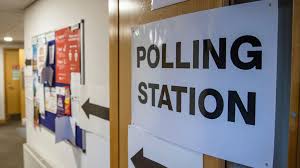At Tranzparent we are comparing the costs of an all-renewable energy system with one that requires...
What Would You Pay for Your Energy?
This is a question that most households often ponder, with the simple answer being: as little as possible. However, while the question is straightforward, the answer is not. In fact, many years ago, even the winner of Brain of Britain struggled to understand his own energy bill.
During my time at Utilita, I dealt with this issue daily, and to be honest, I don't miss it. The complexities of smart meters versus traditional meters, billing errors, and regulatory decisions that make bills unnecessarily complicated are not the main concerns here.
In 2022, our team at Tranzparent asked a different question: How much could the UK save through energy efficiency measures in response to Putin's invasion of Ukraine and the resulting surge in energy prices? We, like others, quickly estimated that the cost to the UK was £90 billion a year (equivalent to one and a half HS2 budgets).
We then explored potential solutions, including an example featuring a fictional lady named Esme. Esme, aged 86, lives alone in a four-bedroom house. Representing many like her in the UK, she was costing the country £2.5 billion annually. We speculated: what if Esme and others in similar situations cohabited and reduced their heating needs to one home instead of four? This would result in a 75% energy efficiency improvement, saving £1.875 billion just from the "Esme" cases.
While no politician would likely propose such drastic measures, examining these numbers is insightful.
What happened to the £90 billion? The government implemented a retail price cap, absorbing the cost into state budgets. Households ultimately pay these costs through taxes and other means, but the direct impact is obscured from price comparison websites.
At Tranzparent, our goal is to clarify these issues. If you're interested in this or any other aspect of the future energy system, or even the systems of the past, please contact us at support@transparent.energy .



